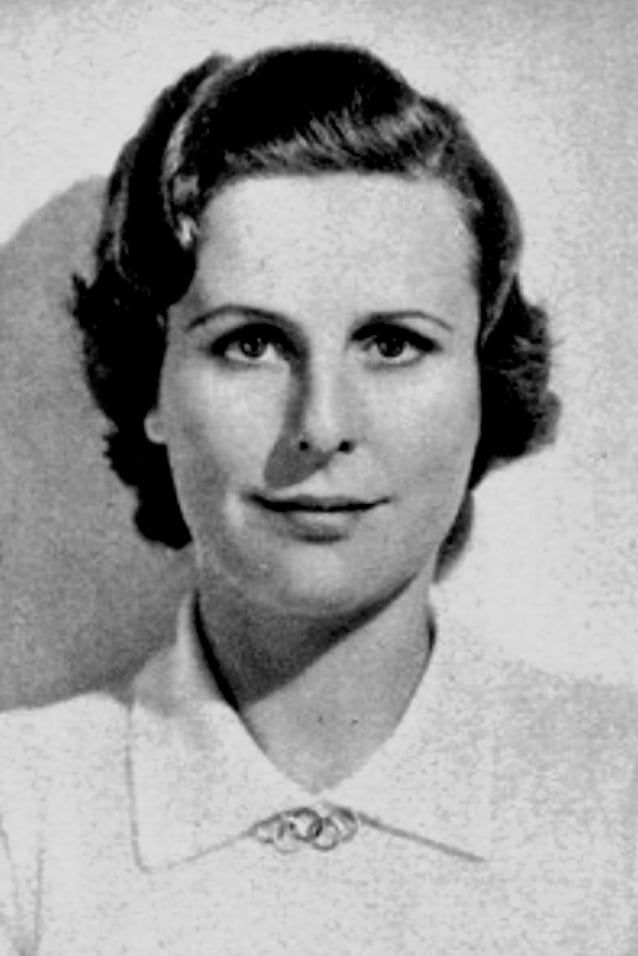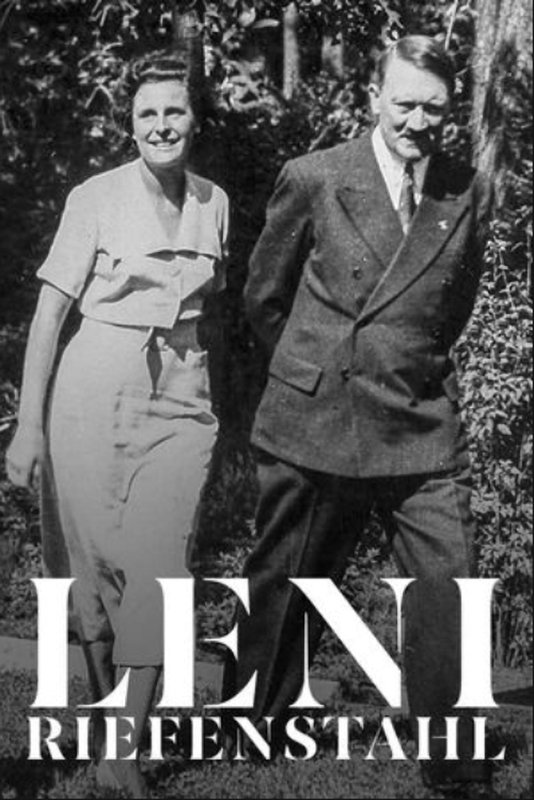

Countless people around the world know the pictures from Leni Riefenstahl's films, even if they have not seen them in their entirety. The work of the German director has burned itself into the collective memory. Even decades after the end of the Nazi era, she showed no remorse and presented herself as an apolitical, naive follower of the Nazi criminal regime. Her artistic service for the cinema was always recognized. But book author Nina Gladitz shows after decades of research that Hitler's favorite filmmaker was not only a follower, but also a perpetrator during the Third Reich, who instrumentalized other filmmakers such as the brilliant cinematographer Willy Zielke in order to gain fame for herself.

Film journalist and critic Rüdiger Suchsland examines German cinema from 1933, when the Nazis came into power, until 1945, when the Third Reich collapsed. (A sequel to From Caligari to Hitler, 2015.)
Helene Bertha Amalie "Leni" Riefenstahl (22 August 1902 – 8 September 2003) was a German film director, actress and dancer widely noted for her aesthetics and innovations as a filmmaker. Her most famous film was Triumph des Willens (Triumph of the Will), made at the 1934 Nuremberg congress of the Nazi Party. Riefenstahl's prominence in the Third Reich along with her personal friendship with Adolf Hitler thwarted her film career following Germany's defeat in World War II, after which she was arrested but released without any charges. Triumph of the Will gave Riefenstahl instant and lasting international fame, as well as infamy. Although she directed only eight films, just two of which received significant coverage outside of Germany, Riefenstahl was widely known all her life. The propaganda value of her films made during the 1930s repels most modern commentators but many film histories cite the aesthetics as outstanding. The Economist wrote that Triumph of the Will "sealed her reputation as the greatest female filmmaker of the 20th century". In the 1970s Riefenstahl published her still photography of the Nuba tribes in Sudan in several books such as The Last of the Nuba. She was active up until her death and also published marine life stills and released the marine-based film Impressionen unter Wasser in 2002. After her death, the Associated Press described Riefenstahl as an "acclaimed pioneer of film and photographic techniques". Der Tagesspiegel newspaper in Berlin noted, "Leni Riefenstahl conquered new ground in the cinema". The BBC said her documentaries "were hailed as groundbreaking film-making, pioneering techniques involving cranes, tracking rails, and many cameras working at the same time". Description above from the Wikipedia article Leni Riefenstahl, licensed under CC-BY-SA, full list of contributors on Wikipedia.
By browsing this website, you accept our cookies policy.